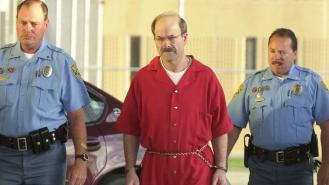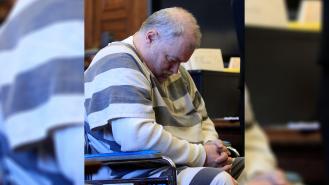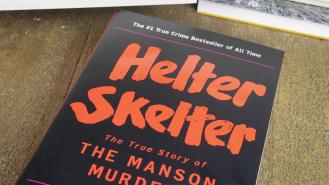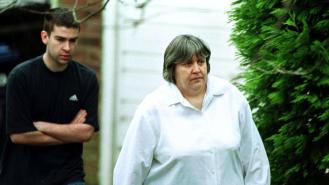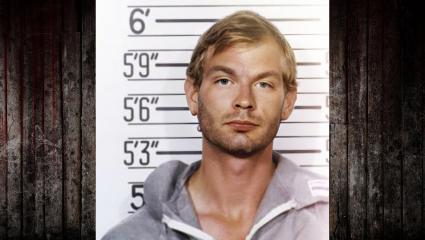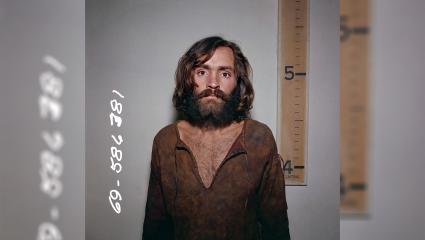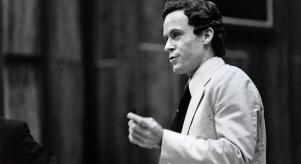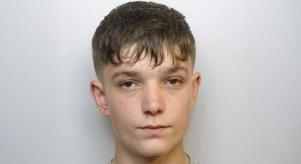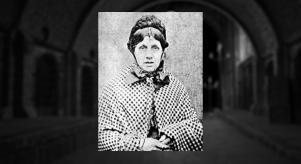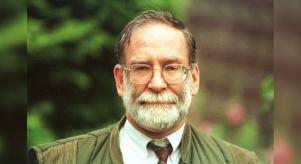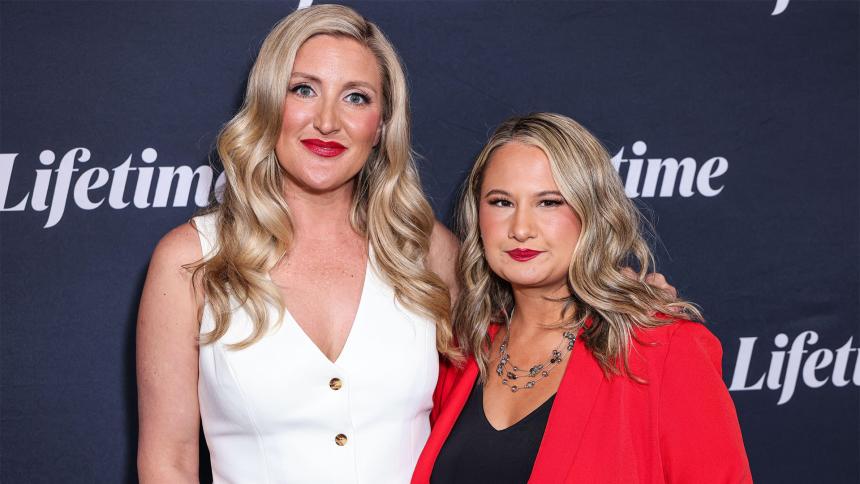
'My dad was a murderer': The children of serial killers
'My father was a serial killer'
It’s a sentence most of us never expect to say. For a small number of sons and daughters, though, it’s not a headline. It’s their family history.
There’s no script for what happens next. Some write memoirs. Some advocate for victims. Some choose a new name and a very quiet life. Join us at Crime+Investigation as we take a look at some of the paths people have taken:
1. Kerri Rawson
As an adult, Kerri Rawson learned that her father was the notorious BTK Killer. At the time she was a newlywed, expecting her first child and living what she believed was a normal life.
Her response to the arrest of her dad, Dennis Rader? A book. A Serial Killer’s Daughter lays out the journey and explores how she reclaimed her sense of self. She’s spoken publicly since and has shared details with investigators when family diaries, dates or trips might help clarify a timeline.
2. Melissa Moore
Melissa G. Moore was a teenager when she discovered her father was Keith Jesperson, aka the Happy Face Killer. Melissa wrote Shattered Silence and kept going, hosting shows and podcasts, speaking with victims’ families and building spaces for safe and respectful conversation. She also stepped up as executive producer for two Crime+Investigation shows about Gypsy Rose Blanchard - Prison Confessions and Life After Lock Up.
3. Tonya Beasley
Some children decide that acknowledging the past means looking a victim’s family in the eye. Tonya Beasley (daughter of Ohio’s Craigslist Killer, Richard Beasley) sat down with the son of one of her father’s victims on a televised programme. There were no big speeches. Mostly listening, some halting thanks and the weight of two scarred families sharing a room. Tonya has also shared her struggled with guilt and shame, recalling she was the one who taught her father to post Craigslist ads in the first place.
4. Rose Bundy
Plenty of people decide the healthiest choice is to step out of the public eye. This is the case for Rose Bundy (the daughter of infamous serial killer Ted Bundy), who has lived privately for decades. No memoir, no interviews and no monetising a surname. It’s the option most of us would likely choose.
5. Jay White
Other endings are harder. Charles Manson’s eldest son (born Charles Manson Jr. and later known as Jay White) tried to distance himself from the family name. Tragically, his father’s crimes haunted him, and he died by suicide in 1993. His life is a sad reminder that the children of serial killers can carry heavy mental-health burdens.
How the children of serial killers help
Adult children are sometimes the only people who can answer small but key questions. Like where a parent travelled one summer, which car they drove and who stayed home during a holiday. As well as helping during initial investigations, some children of serial killers have agreed to share those details with law enforcement when cold cases are reopened.
Building space for other families
A handful go beyond their own story and make room for others. Melissa Moore is one example, connecting with relatives of both offenders and victims. Done well, this work helps people feel less alone in an experience almost no one is prepared for. It can also help nudge true-crime culture away from spectacle and towards empathy.
What these paths have in common
No two stories look alike, but certain themes repeat in the above stories.
Agency matters: whether you speak or stay silent, you decide. Ultimately, it’s up to the children of serial killers to decide what path they want to take. Whatever their decision, it should be respected.
Language matters: 'child of a killer' is a fact, not a personality. Support matters and tools like therapy, community outreach, legal help with new documents, schools that understand and employers who judge you for your work and not your surname are invaluable.
Attitudes matter: there’s also a note for the rest of us. True crime can tip into spectacle, but it doesn’t have to. When we read, watch or share, we set the tone. We can seek out reporting that centres victims and survivors, avoids re-traumatising families and remembers the simplest truth: a parent committed unforgivable crimes. Their child did not.
Enjoy this article? Subscribe to the Crime+Investigation newsletter and get more like this direct to your inbox.
